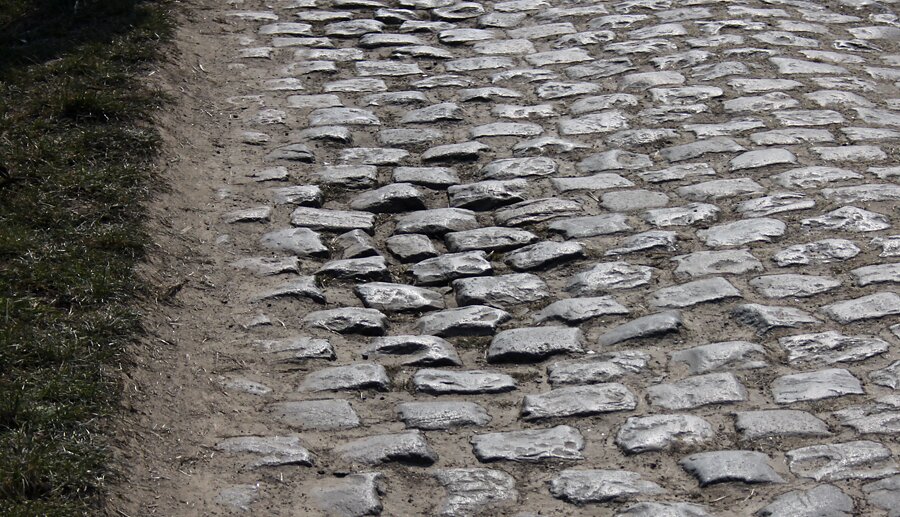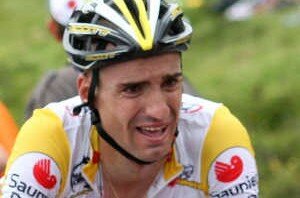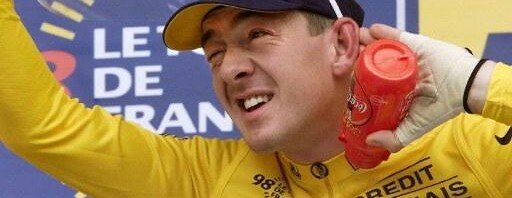March 19, 2015
The Hardest Monument Classic

Which classic is the hardest?
It’s an impossible question to answer definitively as the topic will always be somewhat subjective. How do you define ‘hard’? Hills? Cobbles? Wind? Rain? Speed?
Perhaps a good place to start is to rule out all of the classics that are not considered to be one of the five monuments – Milan San Remo, Tour of Flanders, Paris-Roubaix, Liege-Bastogne-Liege and the Tour of Lombardy. After all, they’re considered to be above all the others for a reason.





